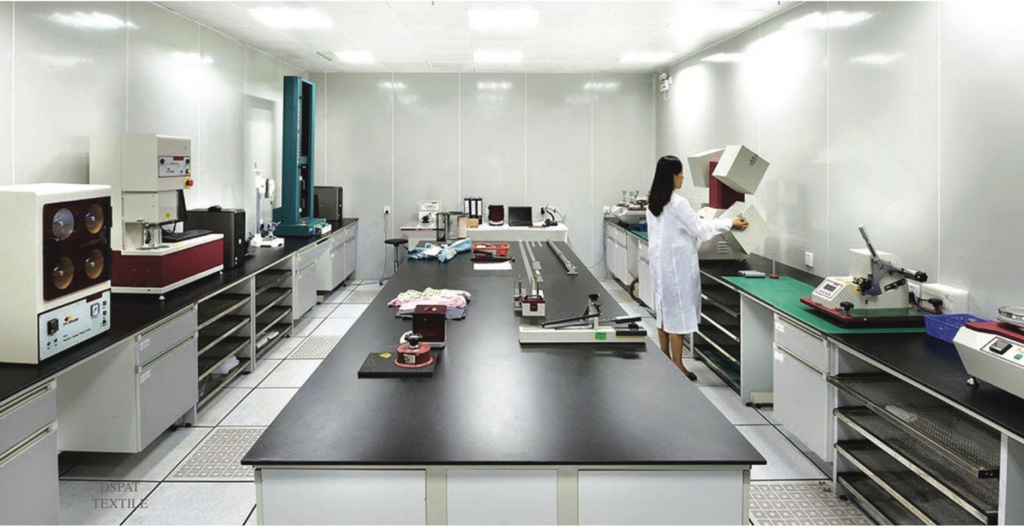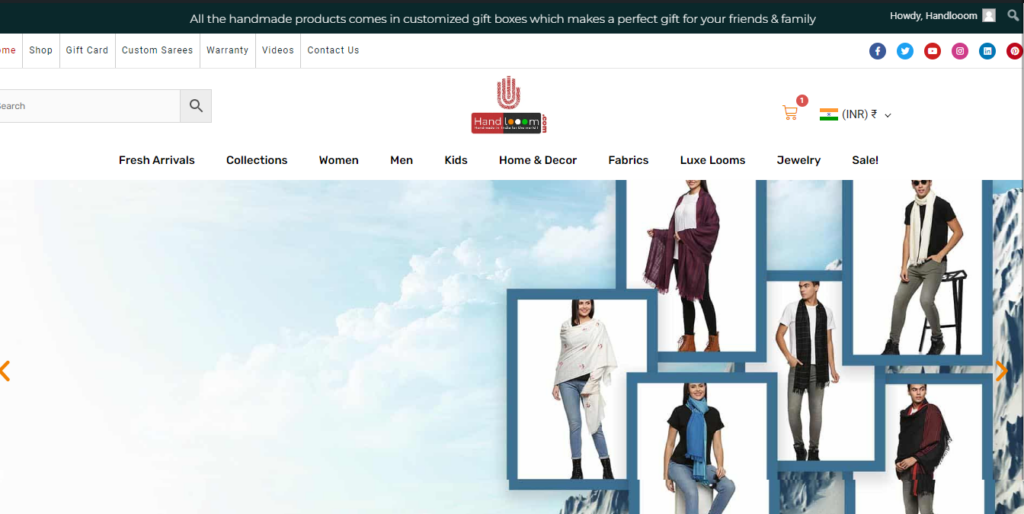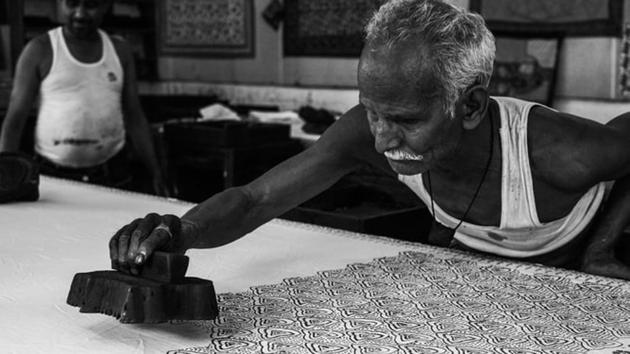Unraveling Fabric Authenticity: The Role of Lab Testing, Challenges, and Handlooom.com’s Ethical Commitment
In the world of textiles, determining the authenticity and composition of fabrics is an intricate process, often requiring advanced testing methods and expert analysis. Lab testing plays a pivotal role in deciphering the authenticity of fabrics, uncovering whether they are handcrafted or powerloom-produced and whether they consist solely of natural fibers or incorporate synthetic blends.
Understanding Fabric Authenticity through Lab Testing

Identifying Handmade vs. Powerloom Fabrics:
Distinguishing between handmade and powerloom fabrics involves observing distinct characteristics. Handmade textiles often retain pronounced natural fiber traits due to minimal processing, showcasing unique patterns, textures, and weave irregularities.
Detecting Natural Fibers and Synthetic Blends:
Lab tests employ various techniques—from fiber analysis to chemical and instrumental assessments—to ascertain fabric composition. While handmade fabrics might exhibit more apparent natural fiber characteristics, detecting synthetic blends without testing can pose challenges.
The Role of Handlooom.com and Its Warranty Details

Handlooom.com’s Assurance of Authenticity:
Handlooom.com, a prominent handloom seller, offers a unique warranty. Customers have a year to verify their handmade products’ authenticity and fiber purity in government-approved labs. If discrepancies are found, Handlooom.com reimburses the product cost and rewards customers, fostering transparency and trust.
Empowering Customers and Upholding Ethics:
Encouraging customers to verify authenticity incentivizes accountability. This approach sets a benchmark for the handloom industry, promoting transparency, authenticity, and ethical practices. Other sellers can adopt similar steps, ensuring the sustenance of genuine handloom products and supporting artisans and weavers.
Impact on Handloom Industry and Artisans’ Livelihood

Supporting Weavers and Artisans:
By promoting authenticity, transparency, and ethical business practices, initiatives like Handlooom.com indirectly benefit weavers and artisans. Upholding authenticity attracts customers, ensuring steady work for artisans and weavers year-round and addressing issues of insufficient compensation.
Attracting Youth and Reviving Handloom:
Ethical practices also play a crucial role in attracting youth back to the handloom industry. By upholding authenticity and ethics, this approach revitalizes the handloom sector, creating sustainable opportunities for the next generation and fostering a deeper appreciation for traditional craftsmanship.

In essence, lab testing stands as a critical tool in verifying fabric authenticity, distinguishing handmade products, and ensuring natural fiber purity. Handlooom.com‘s commitment to transparency and accountability sets a positive example, shaping the handloom industry’s ethical landscape and empowering artisans and weavers, ultimately safeguarding a rich heritage while paving the way for a more sustainable future.



